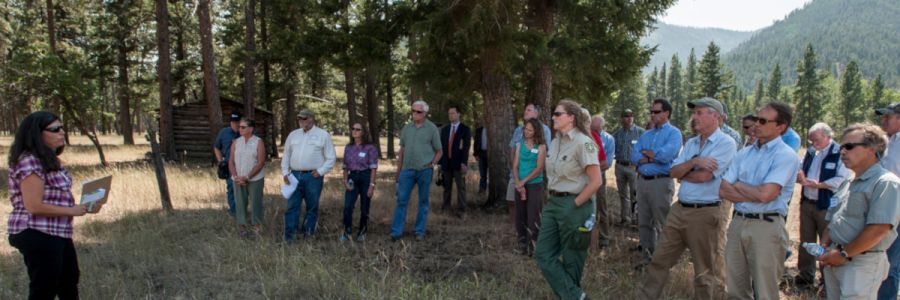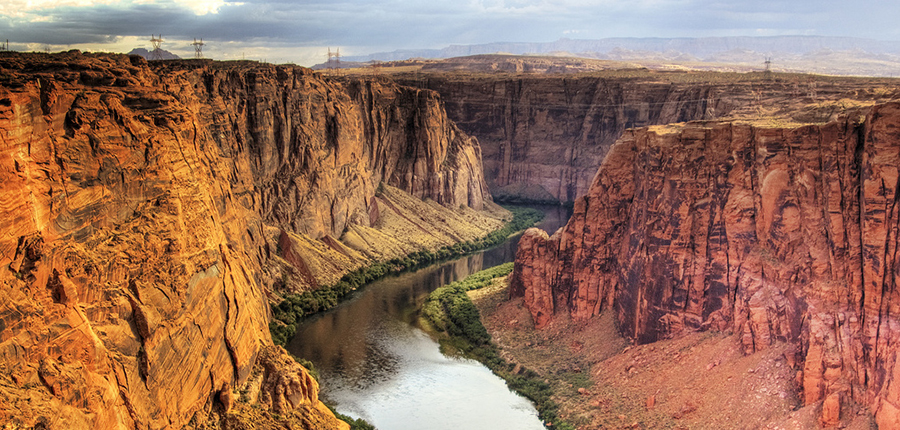
The Colorado River provides water to more than 40 million people in two countries, seven states, and 29 Indian tribes. The demand for water currently exceeds available supply in any given year and is complicated by chronic drought and the uncertainty of impacts from climate change.
The 29 federally recognized tribes in the basin depend on the waters of the Colorado River and its tributaries for a variety of purposes, including cultural and religious activities, domestic, irrigation, commercial, municipal and industrial, power generation, recreation, instream flows, wildlife, and habitat restoration.
These tribes hold legal rights to a significant amount of water, many of which are the most senior in the basin. Combined, the tribes hold rights to roughly 20 percent (or 2.9 million-acre feet) of the water in the Colorado River basin. With the oldest water rights in the basin, the tribes are in a position to play a significant role in balancing water demand and supply and otherwise shaping the future of the region.
Since 2017, the Center has been working with the Babbitt Center for Land and Water Policy, Walton Family Foundation, Ten Tribes Partnership, and many other individuals and groups to enhance tribal capacity and advance sustainable water management in the basin through collaborative decision-making.
The Initiative is guided by a broad-based Leadership Team (see a list of members and their bios below). It is not a decision-making body; does not speak on behalf of tribes, tribal associations, or any other organization or group; and is not an advocate for any particular interest or outcome. It seeks to enhance the capacity of tribes and to advance sustainable water management through collaborative decision-making.
Resources
Maps
Policy Briefs
- Policy Brief # 1: The Enduring Role of Tribes in the Colorado River Basin (June 2019)
- Policy Brief # 2: Tribal Water Study: An Overview (October 2019)
- Policy Brief # 3: A Common Vision for the Colorado River System: Toward a Framework for Sustainability (October 2020)
- Policy Brief # 4: The Status of Tribal Water Rights in the Colorado River Basin (April 9, 2021)
Workshop Summaries & Materials
- Toward A Sense of the Basin: Designing a Collaborative Process to Develop the Next Set of Guidelines for the Colorado River System (2020)
- 2019 Basin-wide Workshop Summary
- 2017 Gathering of Tribes and Others at CRWUA: Sense of the Meeting
Other Reports
Projects
Upper Basin Dialogue
Six federally recognized Tribes and ten conservation groups working in the Upper Basin of the Colorado River have come together to engage in ongoing dialogue around shared interests. The intent of this dialogue, co-facilitated by the Water & Tribes Initiative and the Colorado River Sustainability Campaign, is to create a forum for Tribes and conservation groups in the Upper Basin to work together on issues of common concern and advance shared priorities.
Dialogue participants have created a Shared Vision for the Upper Basin of the Colorado River Basin, representing the commitment of Tribes and conservation groups in the Upper Basin to identify joint interests and work together for the Colorado River Basin.
Resources
Shared Vision for the Upper Basin of the Colorado River Basin (2022)
Universal Access to Clean Water in Indian Country
Forty-eight percent of Tribal homes in the United States do not have access to reliable water sources, clean drinking water, or basic sanitation. The pandemic has provided a stark reminder that access to clean water is a matter of life or death. COVID-19 has had a disproportionate impact on Native Americans, affecting them at a rate 3.5 times higher than the white population. Over the last century, the U.S. federal government’s investment in modern water and sanitation systems largely bypassed Native communities.
The intent of this project, led by the Water & Tribes Initiative, is to achieve universal access to clean, safe drinking water for all Native communities in the United States.
Resources
- Website: https://tribalcleanwater.org
- Fact Sheet, Achieving Universal Access to Clean Water for Tribal Communities
- Webinar, Universal Access to Clean Water in the Colorado River Basin (December 16, 2020)
- Executive Summary, Universal Access to Clean Water for Tribes in the Colorado River Basin (April 2021)
- Full Report, Universal Access to Clean Water for Tribes in the Colorado River Basin (April 2021)
Colorado River Basin Tribal Coalition
Several tribal leaders have come together to create the Colorado River Basin Tribal Coalition (initially named the Tribal Leaders Forum). The intent, as explained in the letter launching the Coalition (see below), is to (1) create a place where leaders from all 30 sovereign tribes in the basin can come together, exchange information, and build consensus on shared interests; and (2) advance a whole-basin approach to water management in the Colorado River system.
The Coalition operates as an ad hoc association of tribal leaders. All 30 tribes are invited to participate and contribute to the shared efforts. The Coalition is guided by a Leadership Team and an Advisory Team, and is facilitated by the Water & Tribes Initiative.
Resources
- Joint Letter on Bureau of Reclamation’s 7D Review Process (2020).
- Launching the Tribal Leaders Forum (January 13, 2021)
- Joint Letter Supporting Universal Access to Clean Water (July 21, 2021)
- Joint Letter to Secretary Haaland on Next Management Framework for the Colorado River System (November 12, 2021)
News
“Historically Excluded From Colorado River Policy, Tribes Want a Say In How the Dwindling Resource Is Used: Access to Clean Water Is a Start” (January 20, 2022). https://www.circleofblue.org/2022/world/historically-excluded-from-colorado-river-policy-tribes-want-a-say-in-how-the-dwindling-resource-is-used/
“This Is Climate Change Barging Through The Front Door”: Water Scarcity Is Forcing Changes In How The Colorado River Is Shared (December 31, 2021). https://www.buzzfeednews.com/article/caitochs/tribes-drought-colorado-river
Tribes push for a bigger role in managing the shrinking Colorado River's water NPR’s All Things Considered (December 29, 2021)
As Western states pledge to take less water from the Colorado River, tribes seek a bigger role LA Times (December 26, 2021).
Colorado River Conference Hears Calls for Tribal Inclusion as Crisis Deepens NPR Mountain West News Bureau (December 15, 2021).
Tribes seek to secure their water rights as the Colorado River dries Nevada Current (December 14, 2021).
Historically excluded from the Colorado River policy, tribes want a say in how the dwindling resource is used. Access to clean water is a start. Colorado Public Radio (December 7, 2021). This story was also broadcast on KSUT in the Four Corners and featured on NPR’s nationally syndicated Science Friday on December 10, 2021 --Tribal Concerns Grow As Water Levels Drop In The Colorado River Basin.
Historically left out of Colorado River negotiations, 20 tribes urge Interior Secretary Haaland to include their voices. Colorado Public Radio (November 25, 2021). Republished in the Cortez Journal and Coyote Gulch.
The Hill's weekly sustainability newsletter Equilibrium. (11/16/21)
Leadership Team
Tribal Members
- Leland Begay, Ute Mountain Ute
- Lorelei Cloud, Southern Ute Tribe
- Maria Dadgar, Inter Tribal Council of Arizona (Jay Tomkus, alternate)
- Jason John, Navajo Nation
- Nora McDowell, Fort Mojave Indian Tribe
- Margaret Vick, Colorado River Indian Tribes
- Jay Weiner, Quechan Tribe
Other Members
- Anne Castle, Getches-Wilkinson Center, University of Colorado
- Peter Culp, Culp & Kelly (Mary Kelly, alternate)
- Celene Hawkins, The Nature Conservancy
- Becky Mitchell, Colorado Water Conservation Board
- Colby Pellegrino, Southern Nevada Water Authority
- Jason Robison, University of Wyoming, College of Law
- Garrit Voggesser, National Wildlife Federation
- John Weisheit, Living Rivers
Ex-officio
- Sharon Megdal, University of Arizona
Co-facilitators
- Daryl Vigil, Jicarilla Apache Nation, co-facilitator
- Matthew McKinney, Center for Natural Resources & Environmental Policy, co-facilitator
Partners
Several organizations are supporting the goals, aspirations, and activities of the Water & Tribes Initiative:
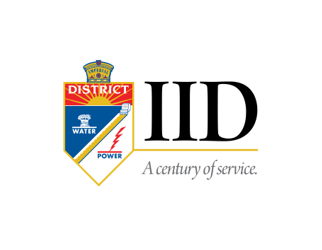
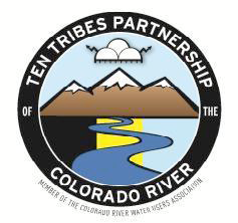
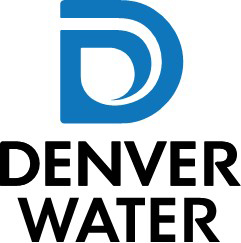

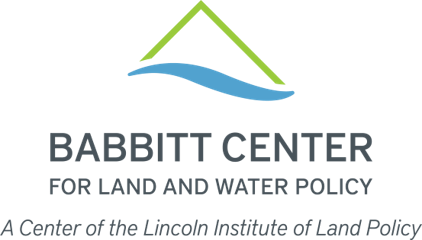
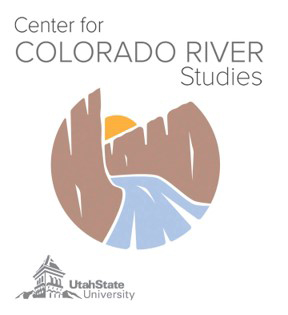
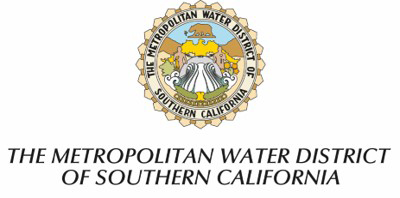



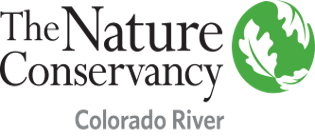


For More Information
For more information, please contact Matt McKinney.
